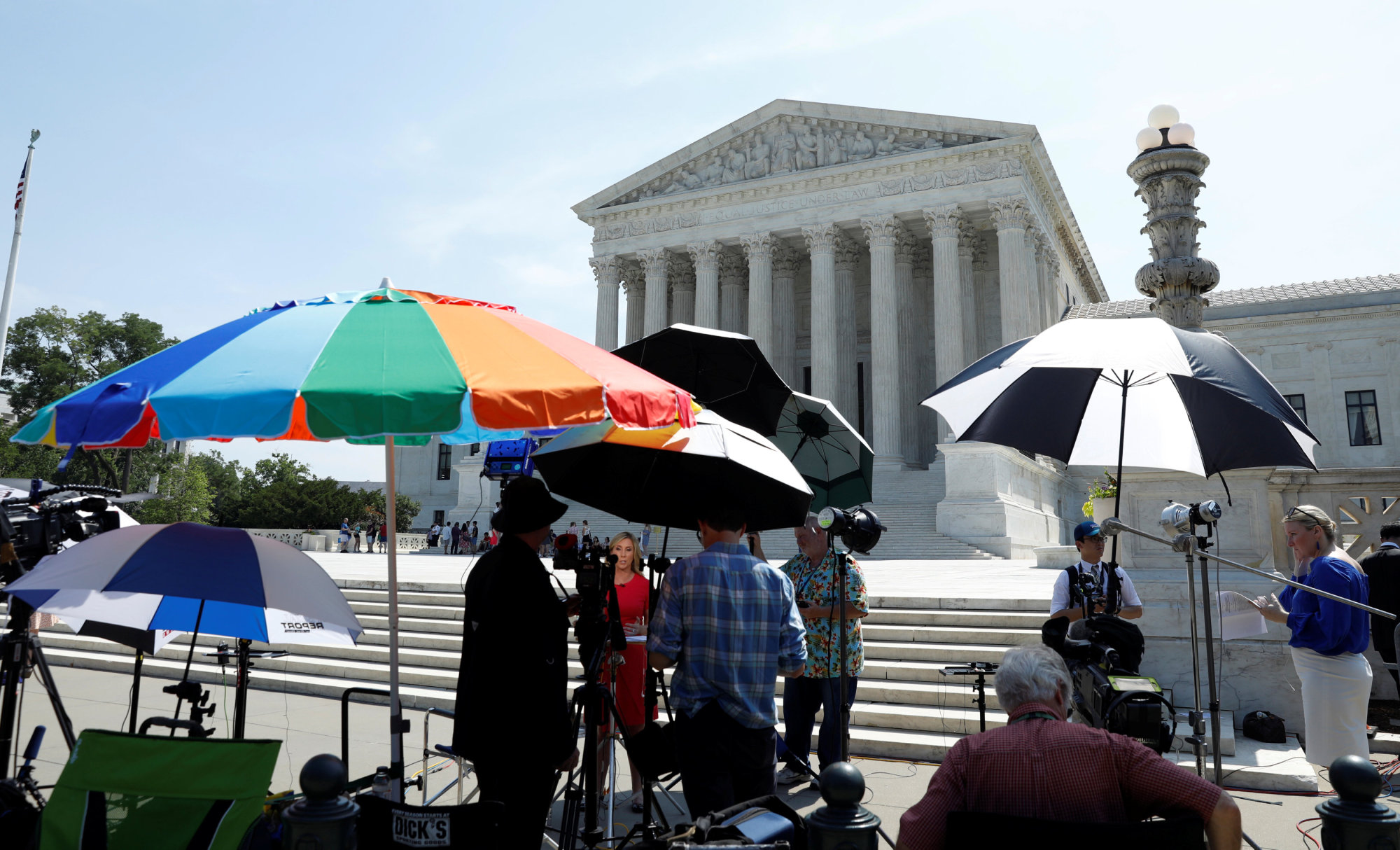The U.S. Supreme Court on Monday dealt a setback to election reformers by declining to use high-profile cases from Wisconsin and Maryland to curb the ability of state lawmakers to draw electoral districts purely for partisan advantage.
Sidestepping major rulings, the nine justices decided both cases on narrow legal grounds and put off perhaps until their next term, which begins in October, a more definitive ruling on whether courts can step in to limit the contentious practice known as partisan gerrymandering.
In the Wisconsin case, the court ruled 9-0 in favor of Republican legislators who drew state electoral districts that helped entrench their party in power, throwing out a lower court ruling that the map had deprived Democratic voters of their constitutional rights including equal protection under the law.


















With your current subscription plan you can comment on stories. However, before writing your first comment, please create a display name in the Profile section of your subscriber account page.